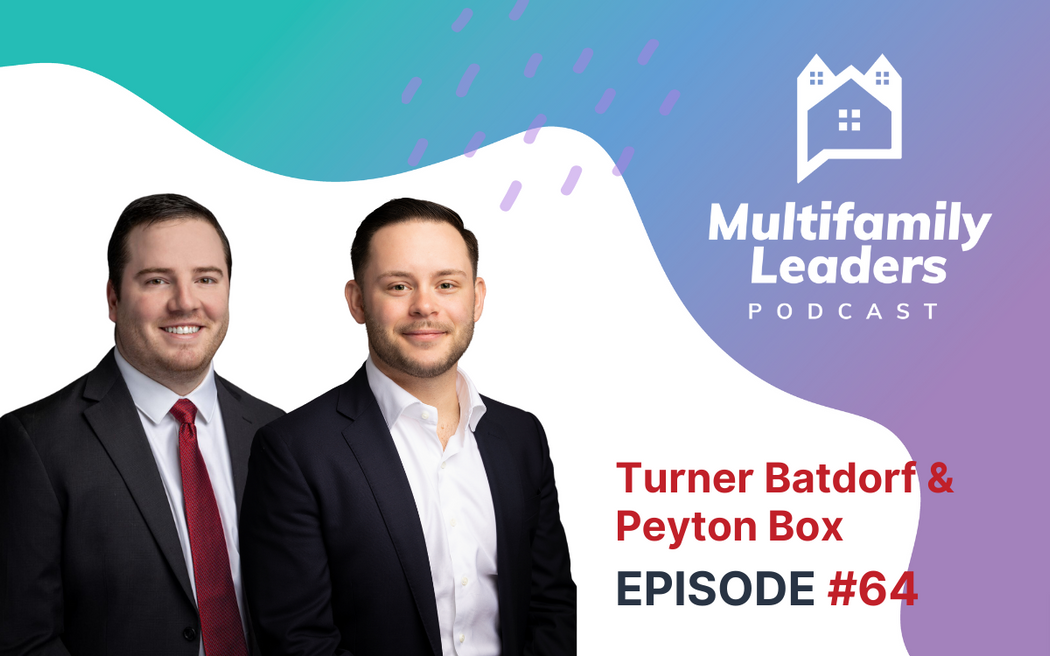Multifamily Mythbusters with Turner Batdorf and Peyton Box

“Focus on reducing the 1-stars and then work to get more 5-stars. . . . The shortest path to victory is not trying to solve online reputation with tons and tons of volume. Rather, work on resident satisfaction, and the 5-stars that come in will mean a lot more.”
The first multifamily myth that Turner and Peyton discuss is “the more reviews the better.” While onsite teams are striving to have their residents give 5- or 4-star reviews, Peyton and Turner suggest that to improve a community’s ORA (online reputation assessment) score, it’s better to focus on reducing the 1- and 2-star reviews, which can tank an overall average. To reduce the 1-star reviews, the operations team should focus on the categories that represent the greatest number of low reviews: customer service, maintenance care, communication, and financial.
The second myth is that “Crime has no ZIP code.” By combining data reflecting residents’ perceptions of safety and maps that indicate where crime occurs most, Turner and Peyton submit that crime is not entirely out of a property’s control. What you do at the property level is a primary driver of safety perception, and communities can take steps such as keeping their property clean, focusing on protocols such as fob access and locking policies, and performing monthly light checks.
The final myth is that “it’s better to separate fees from rent.” Negative reviews frequently mention financial concerns, but it is important to define that “financial” really pertains to financial clarity. J Turner found that of all the financial complaints, 65% reference “not understanding the fees” as the issue. Properties with 20+ reviews complaining about financial found their average ORA scores decreasing by 1.87 points in 2023; properties with less than 5 reviews complaining about financial ORA went up .98 on average. If you have fees of any kind, you need to be transparent with them because performing poorly results in resident frustration, lower resident satisfaction, and potentially reduced bottom-line performance.
.svg)

